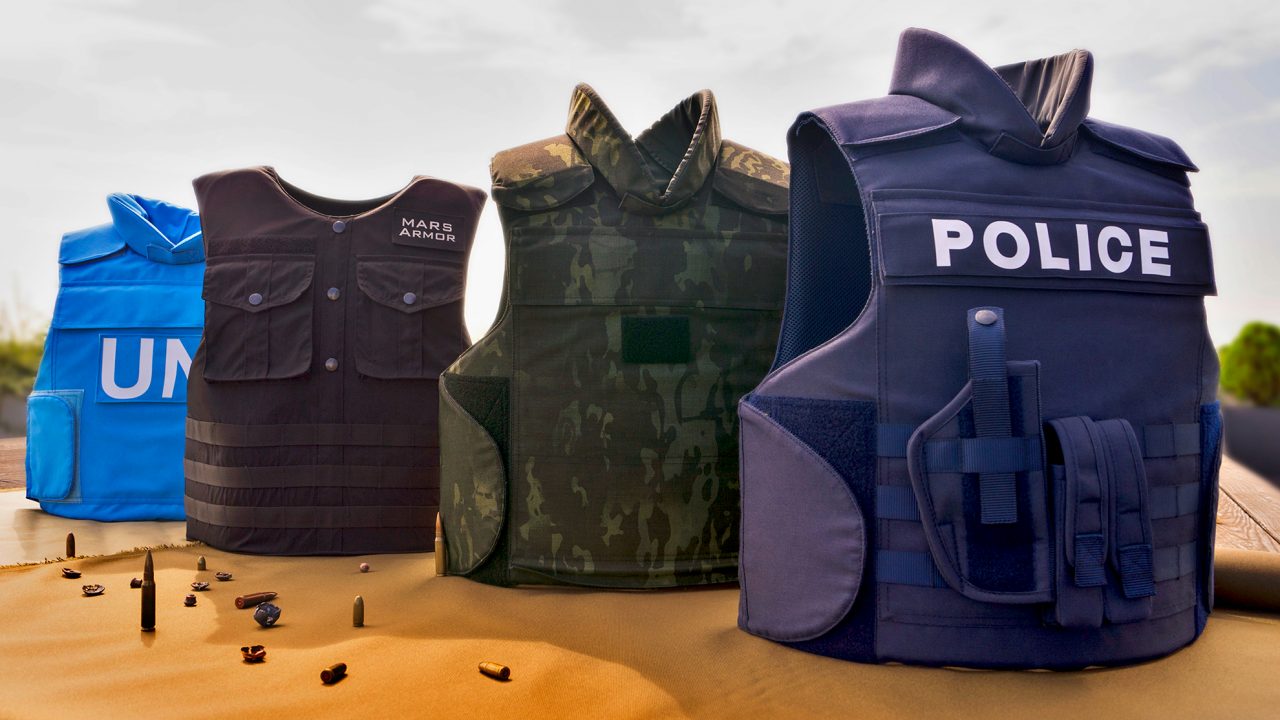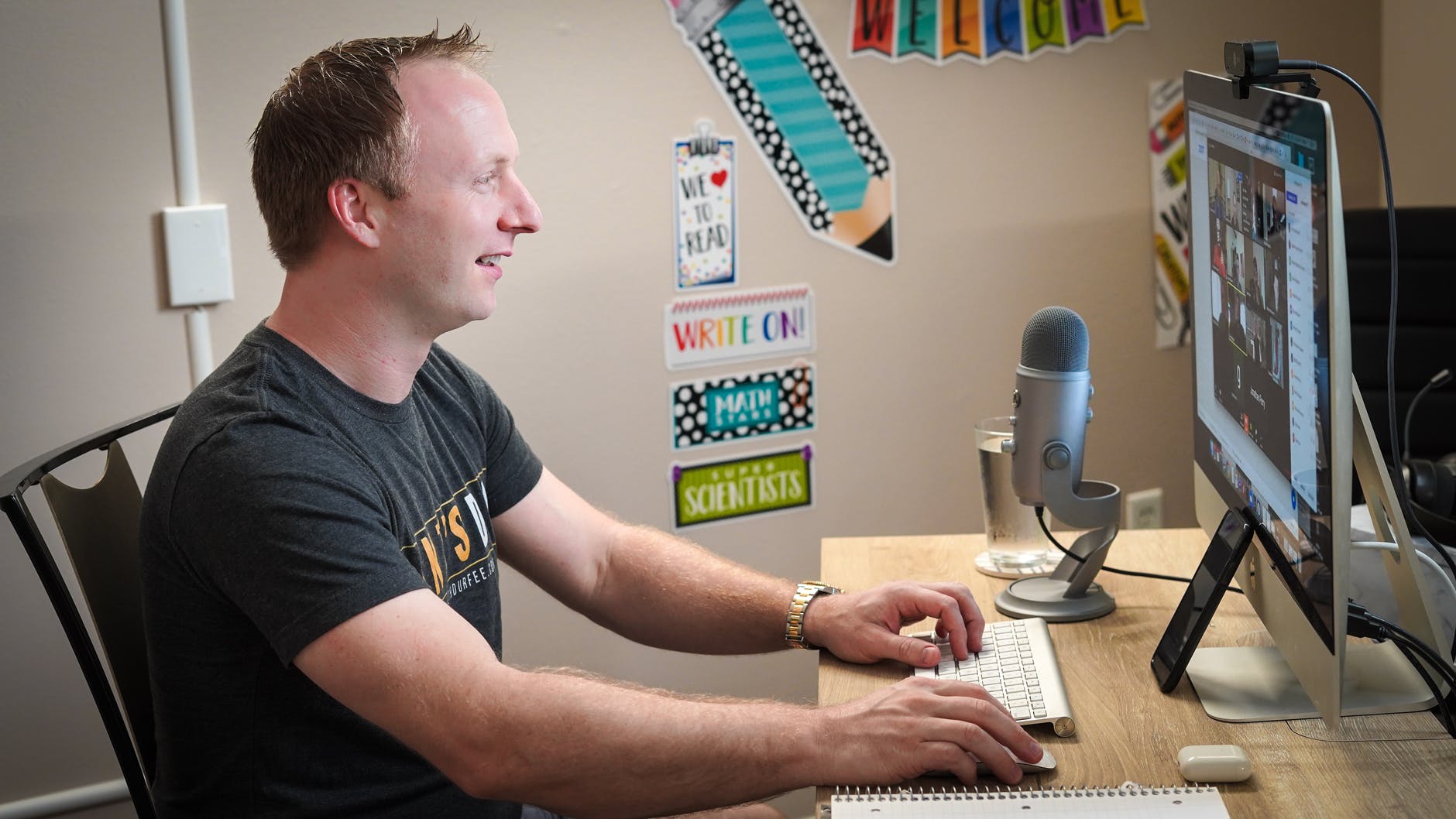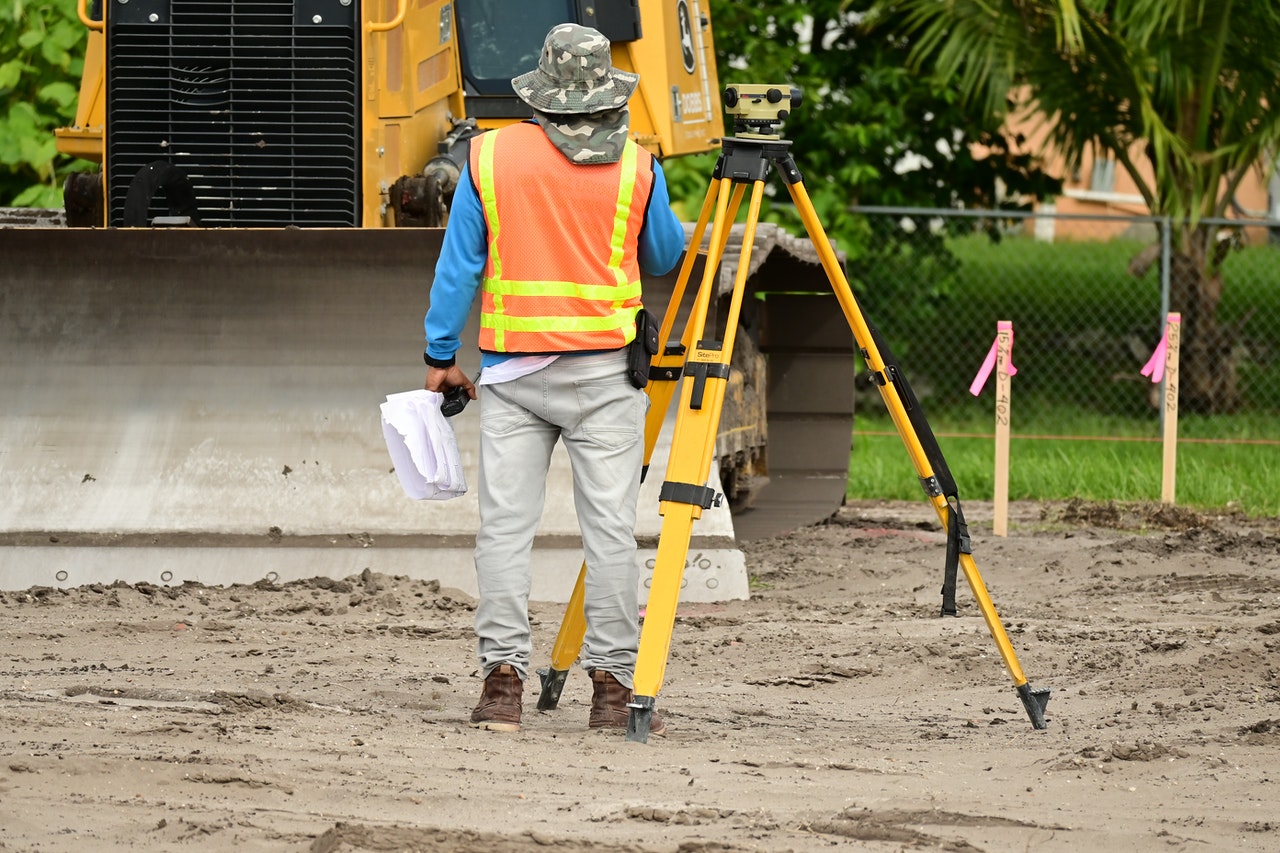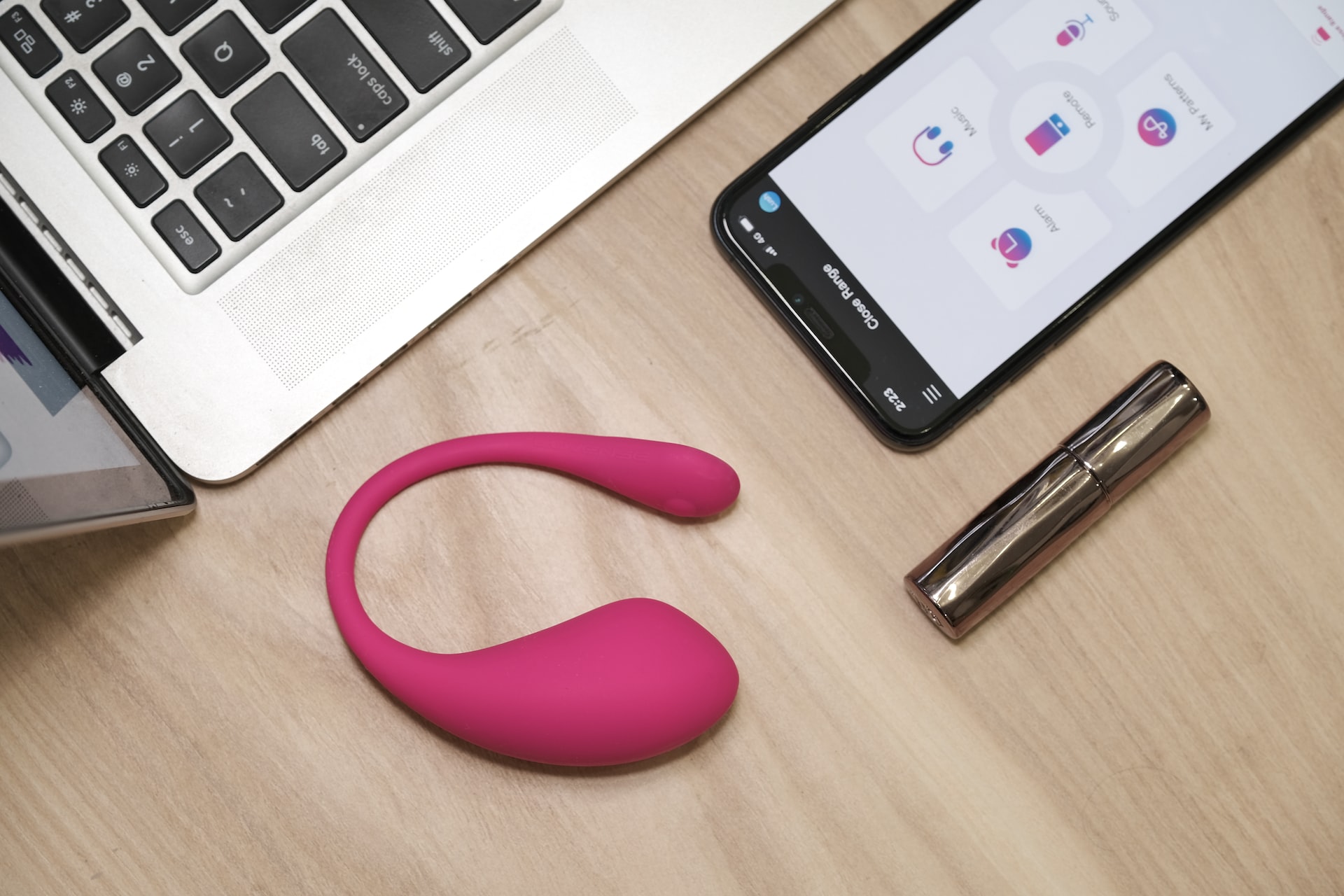Every job has its own unique set of pros and cons; however, some may have more significant cons than others. Jobs that require workers to handle infectious materials, for example, is one of them. When it comes to working with infectious materials, it’s important to know how to do the right things to avoid any possible harm for yourself and your clients. That’s why workers are required to get an infectious material handling certification to work in these environments.
Here is a guide to how to get certified for handling infectious materials and the people whose jobs require them to do so.
Getting a Certification for Handling Infectious Materials
It is very simple to register to take part in the exam for this certification. However, just like other certification, you’ll need certain knowledge and skills to complete the requirements. The accreditation experts explain on their website that workers who are regularly exposed to infectious diseases can take an online accredited bloodborne pathogens course to prepare themselves for the official test. This course can provide both CDC AND OSHA bloodborne pathogens standards so that you can do best in your test and get your infectious materials handling certification in no time.
Here are some of the occupations which require the certificate:
1. Body Artists
Creating living art is a unique talent, and not everyone can be a body artist. But it also comes with some real risks as tattooists and piercers can come into contact with their client’s blood. They can be exposed to bloodborne viruses at various stages of their job, from the procedure to clean-up through needles, contact with dried blood, or blood splashes. This means that artists are at great risk of being exposed to bloodborne pathogens, such as hepatitis B/C virus or even HIV. It’s vital for body artists to be certified for infectious materials handling so that they can practice safe work practices to ensure that both themselves and their clients are protected.
2. Correctional Health Care Workers
Correctional health care workers are responsible for providing healthcare for those who are incarcerated in the criminal justice system. They work in various settings and are often the first ones prisoners will see when they need to receive healthcare. As problems like drug abuse are more likely to occur in prisons than in the wider community, correctional health care providers are often at great risk of coming into contact with infectious materials. Some of the infectious sources can be cuts from used needles, contact with open wounds, assaults, or blood splashes. Many incarcerated people are only diagnosed with these problems after seeing a correctional health provider. Getting a certification for infectious material handling can help correctional healthcare workers to ensure safe procedures when working with their patients, even before diagnosing their problems.
3. First Responders/Emergency Response Personnel
Being in contact with victims during an emergency scenario, first responders are at risk of exposure to potentially infectious diseases on a daily basis. There are multiple transmission pathways for the diseases to be caught by a first responder, such as aerosol droplets routes and direct contact transmission. Many blood-borne viruses are dangerous, infectious, and even fatal, however, taking the risk is a part of these employees’ duties. Getting certified for infectious materials handling can ensure that emergency response personnel are able to do their work without putting themselves at too great a risk.
4. Health Care Workers
Modern healthcare employees sometimes use invasive devices and procedures (such as catheters and ventilators) to treat their patients, however, these devices can also expose them to the risk of infections. There are four common scenarios that put healthcare workers at risk, including CenSurgical Site Infection, Catheter-associated Urinary Tract Infections, and Ventilator-associated Pneumonia. An infected healthcare worker can also put their vulnerable patients at risk so getting certification for infectious materials handling enables them to treat their patients without causing potential complications.
5. Maintenance and Waste Workers
Many maintenance and waste workers come in contact with infectious wastes, needles, or syringes when performing their daily tasks. Those who dispose of medical equipment or illegal drug equipment, for example, are at great risk. In addition, any workers who come in contact with improperly disposed of equipment, such as waste haulers, recycling plant workers, janitors, housekeepers, and sewage treatment workers, may also be at great risk. It’s important for these individuals to get certified for infectious materials handling to ensure their own safety at work.
Certain jobs require more sacrifices than others, but no one should ever be put at unnecessary risk at work. It is so important to recognize potential dangers in your duties and receive the proper training and knowledge to avoid them. If you work in a setting where you may be exposed to bloodborne pathogens or other potentially infectious materials, it’s important to get yourself certified to help protect yourself.






































